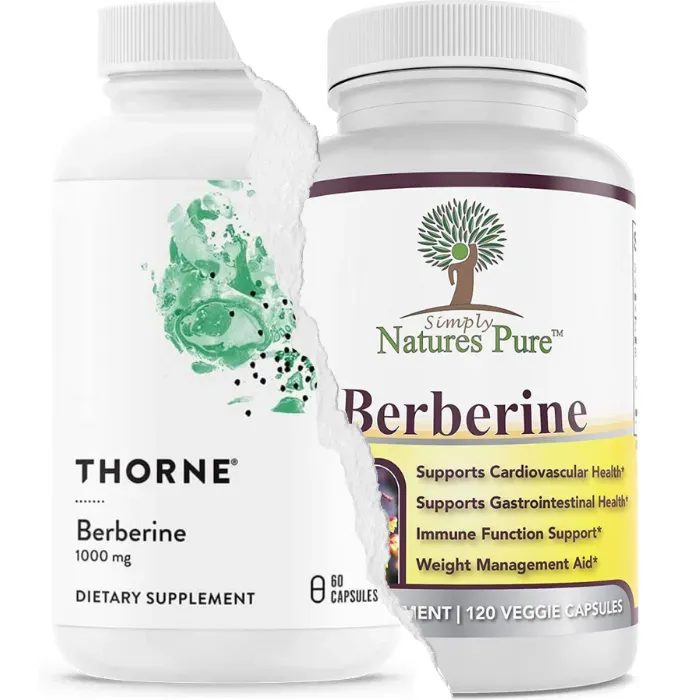Table of Contents
Berberine is a yellow-colored alkaloid compound that is derived from certain plants, including tree bark, roots, and rhizomes. This compound has been used in Chinese medicine for centuries, and it is now gaining popularity as a dietary supplement due to its many potential health benefits. If you're considering taking berberine supplements, read on to learn everything you need to know.
What Are Berberine Supplements And What do They Do?
Berberine supplements are simply oral capsules or tablets that contain this alkaloid compound. The recommended dosage of berberine varies depending on the condition being treated, but it is generally between 500 and 1,000 mg per day. When taken as directed, berberine supplements can offer a variety of potential health benefits.
The Benefits of Berberine Supplements
One of the most well-known potential benefits of berberine is its ability to help lower blood sugar levels. This compound is just as effective as some diabetes medications at reducing fasting blood sugar levels. In addition, berberine may also help lower cholesterol and triglyceride levels, making it a heart-healthy option for those at risk for cardiovascular disease. Additionally, this supplement has also been shown to promote weight loss by helping to increase metabolism and fat burning.
How to Take Berberine Supplements
Berberine supplements are typically taken orally once or twice per day with meals. It is important to follow the recommended dosage on the product label or as directed by your healthcare provider.
Side Effects of Berberine Supplements
Berberine is generally safe when taken as directed; however, some people may experience side effects such as nausea, vomiting, diarrhea, constipation, and abdominal pain. If you experience any severe side effects after taking berberine supplements, stop taking the supplement and call your doctor right away.
Other Related Articles


Final Thoughts
Berberine is a yellow-colored alkaloid compound that is derived from certain plants. This compound has been used in Chinese medicine for centuries and is now gaining popularity as a dietary supplement due to its many potential health benefits. Some of these potential benefits include lower blood sugar levels, lower cholesterol levels, weight loss promotion, and more.
Berberine supplements are typically taken orally once or twice per day with meals; however, it's important to follow the recommended dosage on the product label or as directed by your healthcare provider. Side effects from taking this supplement are rare but can include nausea, vomiting, diarrhea, constipation, and abdominal pain. If you experience any severe side effects after taking berberine supplements you should discontinue use.


